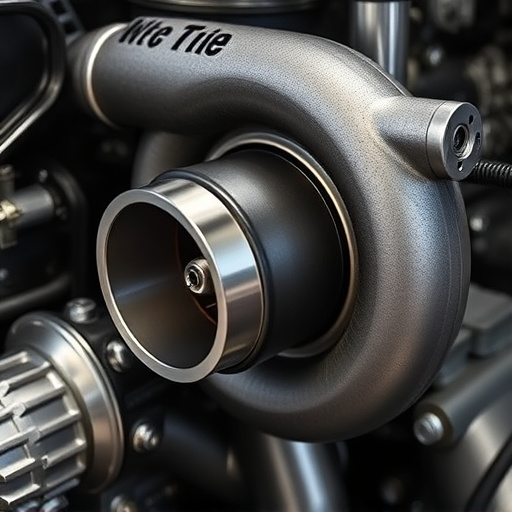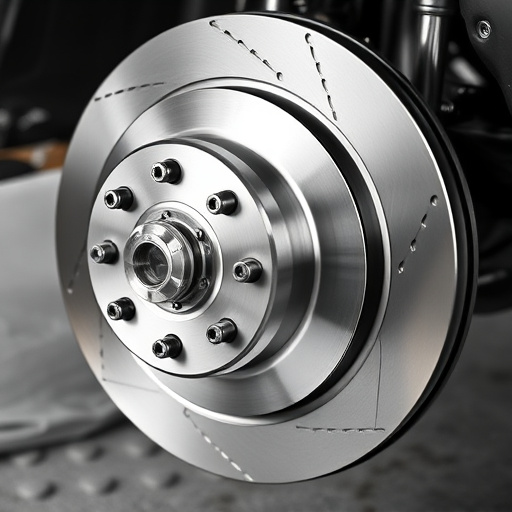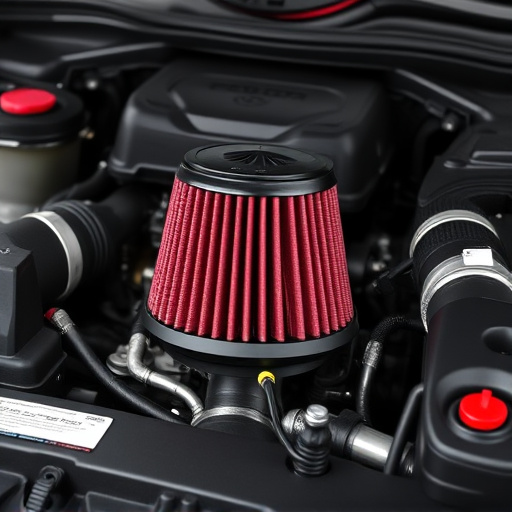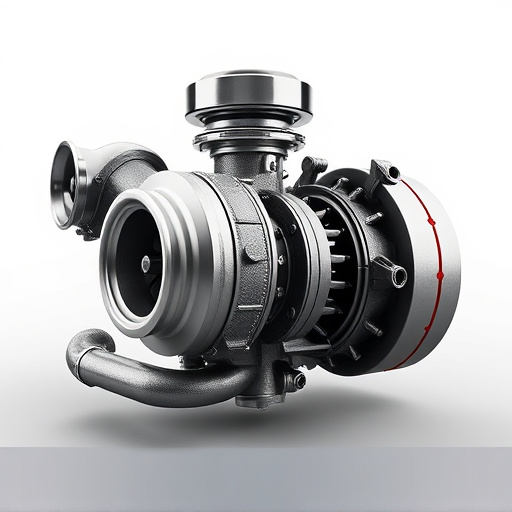Catalytic converters, particularly the universal (UCC) variant, are essential for modern vehicles, reducing harmful emissions from internal combustion engines and adhering to strict environmental standards. With advanced materials and technology, UCCs efficiently minimize pollutants like nitrogen oxides, carbon monoxide, and hydrocarbons across various vehicle types and driving conditions, enhancing both vehicle efficiency and environmental performance. Their versatility, robustness, and ease of installation make them a game-changer in emission control, offering an efficient, cost-effective solution for cleaner air and stricter regulations, benefiting both manufacturers and environmentally conscious owners.
In today’s stringent environmental regulations, understanding catalytic converters and their role in emissions control is paramount. These devices play a crucial part in reducing harmful pollutants from vehicle exhausts. This article explores the universal catalytic converter—a game-changer in the automotive industry. We’ll delve into its design, remarkable advantages, and how it effortlessly passes emissions testing, offering a cleaner, more sustainable future for our cities. Discover why this technology is revolutionizing environmental standards.
- Understanding Catalytic Converters: Their Role in Emissions Control
- The Universal Converter: Design and Advantages
- Passing Emissions Testing with a Universal Catalytic Converter
Understanding Catalytic Converters: Their Role in Emissions Control

Catalytic converters are a crucial component in modern vehicles’ emissions control systems. Their primary role is to reduce harmful pollutants and gases emitted by internal combustion engines, ensuring cleaner and safer exhaust. Within the converter, a catalyst facilitates a chemical reaction that transforms toxic substances into less harmful compounds. This process significantly minimizes the environmental impact of vehicle emissions, making it an essential element for universal compatibility across various automotive applications.
The universal catalytic converter is designed to fit a wide range of vehicles, from passenger cars to trucks and SUVs. Its versatility stems from its ability to handle different engine configurations and power outputs while still meeting strict emission standards. By employing advanced materials and technologies, these converters can efficiently lower levels of pollutants like nitrogen oxides, carbon monoxide, and hydrocarbons, often found in exhaust gases from air intake systems. Additionally, they complement performance exhaust systems and muffler tips by further refining the exhaust stream, contributing to overall vehicle efficiency and environmental compliance.
The Universal Converter: Design and Advantages
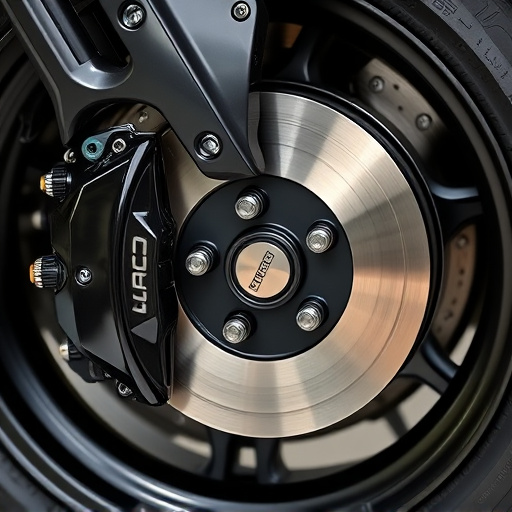
The Universal Catalytic Converter (UCC) is a groundbreaking solution designed to meet the challenges of modern emissions testing. Its innovative architecture sets it apart from traditional converters, offering a versatile and efficient approach to pollution control. The UCC’s design incorporates advanced materials and technology to ensure optimal performance across various vehicle types and driving conditions.
One of its key advantages lies in its universal compatibility, allowing for easy installation on different makes and models without the need for costly modifications or suspension kits. This versatility is further enhanced by its ability to handle a wide range of exhaust gas compositions, ensuring effective conversion regardless of the vehicle’s performance air filters or exhaust systems. With its robust construction and advanced catalysis technology, the Universal Converter provides reliable emissions reduction, contributing to cleaner air and stricter compliance standards.
Passing Emissions Testing with a Universal Catalytic Converter

Passing Emissions Testing with a Catalytic Converter Universal is now more accessible than ever before. This advanced technology offers an efficient and effective solution to meet stringent environmental regulations. The universal catalytic converter is designed to seamlessly fit various vehicle models, ensuring a straightforward installation process that doesn’t disrupt your vehicle’s performance.
By converting harmful exhaust gases into less toxic compounds, these converters play a pivotal role in reducing pollutants. They facilitate the passage of emissions testing by adhering to set standards, thereby ensuring vehicles on the road contribute less to environmental degradation. Moreover, their universal design means they can be easily integrated into existing systems without requiring significant modifications, making them a practical and cost-effective choice for both manufacturers and vehicle owners concerned about their ecological footprint and vehicle performance.
A catalytic converter universal represents a significant advancement in emissions control technology. Its sophisticated design combines with advanced materials to not only pass emissions testing but also deliver superior performance. By effectively reducing harmful pollutants, this innovative universal converter contributes to cleaner air and more sustainable transportation, making it an essential component for modern vehicle systems.






